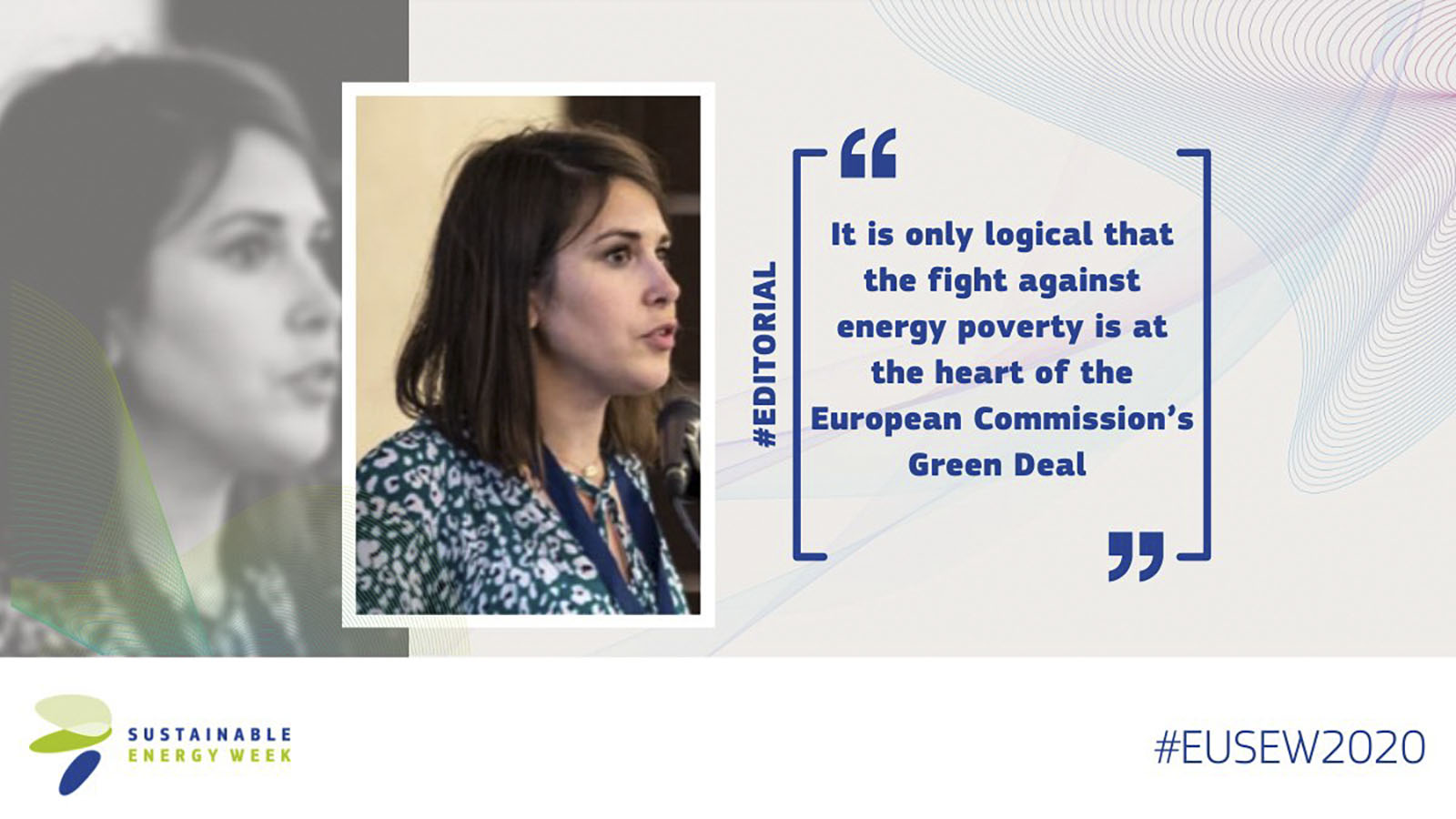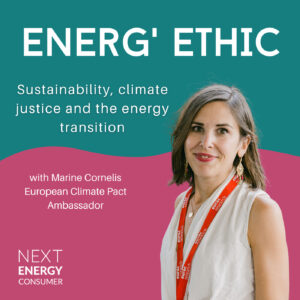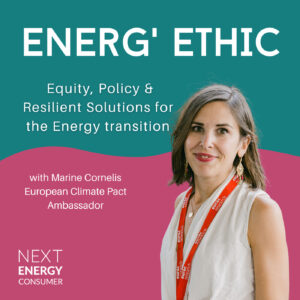The EU Sustainable Energy Week (EUSEW) ran online between 22-26 June 2020 under the theme: ‘Beyond the crisis: clean energy for green recovery and growth’, for which I had the honour to be an ambassador.
Sessions organised by the European Commission and energy stakeholders focused on sustainable energy issues, new policy developments, best practices and sustainable energy ideas. Find more information, including highlights from the 3 days, following this link.
On the first day, European Commissioner for Energy Kadri Simson, underlined that we need to “shift our perspective from seeing the damage that the COVID 19 has done on our lives and our economy and see the opportunity to make a huge leap forward in building a climate neutral society.” The role of young people was featured during the first ever European Youth Energy Day. They shared their views with Executive Vice-President of the European Green Deal Frans Timmermans, and Commissioner Simson on very local questions (such as making cities more cycle-friendly) to global points (carbon border tax; how to change the food system), and from individual concerns (reskilling; empowering and educating electricity consumers), to broader, collective issues (energy efficiency in the building sector; micro grids).
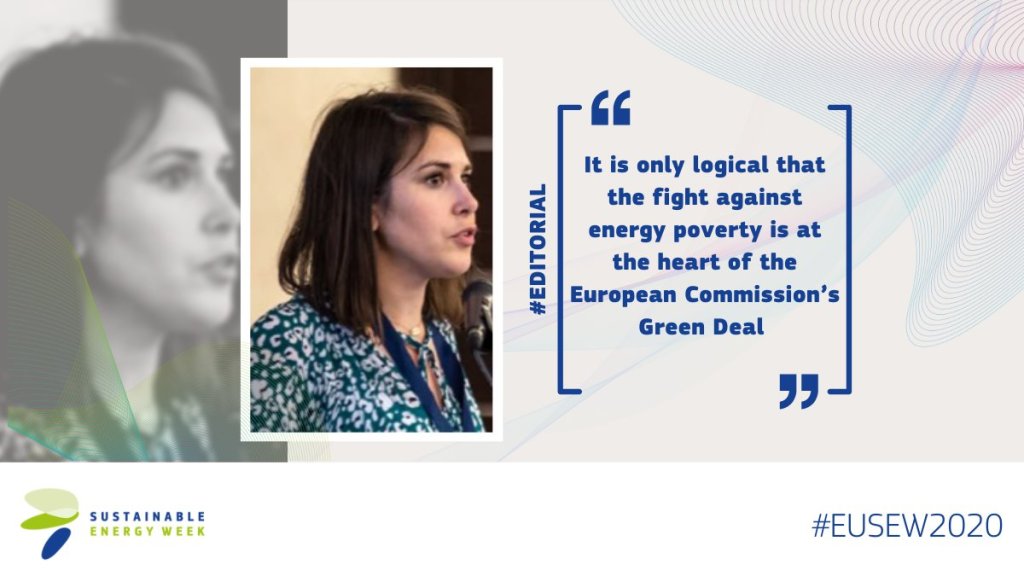
I was invited to present my views in DG energy and the Energy Poverty Observatory session on “decisive action on energy poverty: solutions from across the EU” on the second day. I got to intervene along with prestigious speakers, such as Catharina Sikow, Director Internal Energy Market at DG Energy; Monica Frassoni, President of the European Alliance to Save Energy, Vlasis Oikonomou of the European project SOCIALWATT and Energy Attachés from Ireland, Greece and the Czech Republic.
We discussed the potential of new measures in the Recovery Plan for Europe and European Green Deal, including the Just Transition Fund, to bring sustainable, effective change. I mentioned the importance of social actors as critical local intermediaries for vulnerable families (such as réseau Eco Habitat) and the need to create partnerships to identify the households who may not otherwise seek help, as we have observed in the Just Energy Research Project.
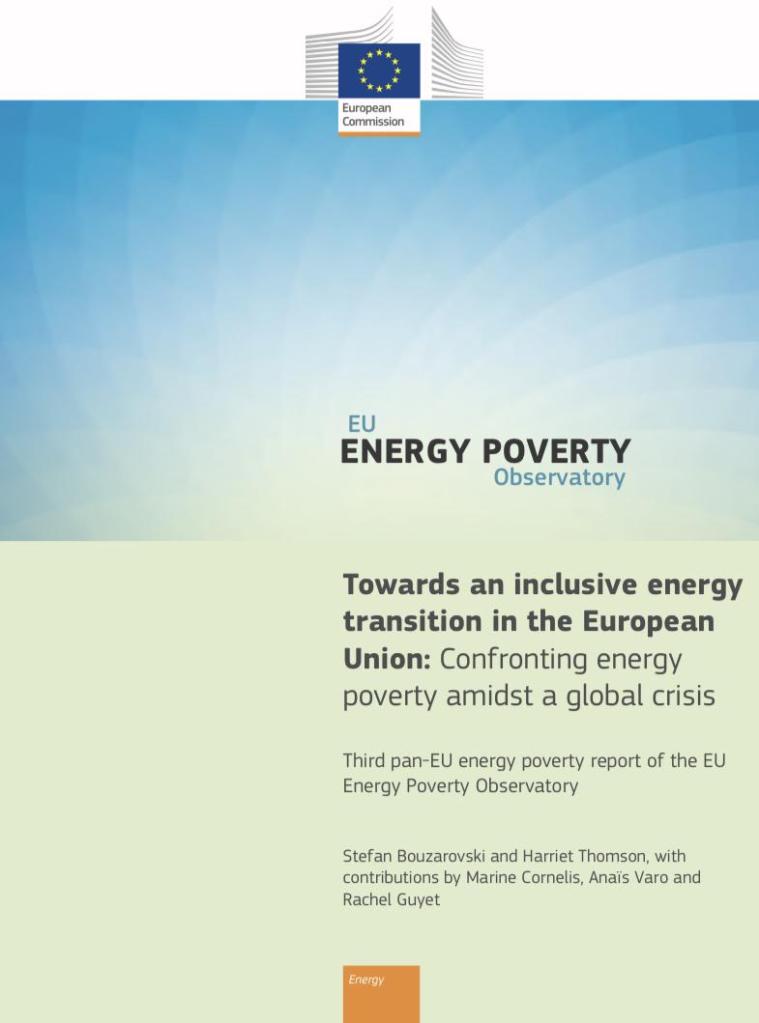
Dr Stefan Bouzarovski and Dr Harriet Thomson also presented the new EPOV report on “towards an inclusive energy transition in the European Union: Confronting energy poverty amidst a global crisis” that I co-authored. I provided extensive analysis of relevant EU and national policies, NECP and national measures.
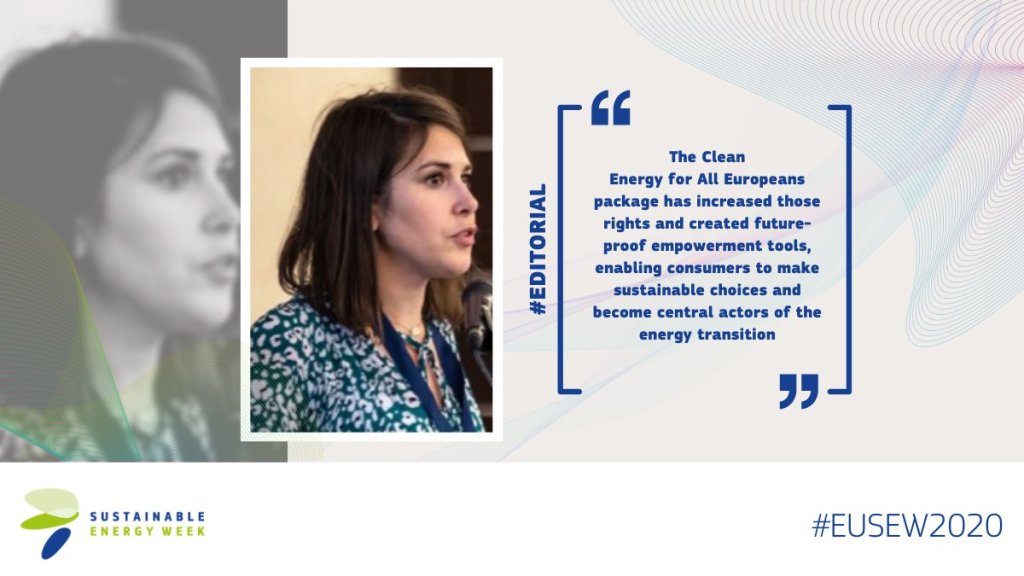
The final day included a important discussion on women in the energy transition, and the role everyone can play in ensuring that Europe’s energy transition results in a more inclusive energy sector. Indeed, the EU Sustainable Energy Awards 2020 included a new category recognising the contribution of Women in Energy. Sophie Attali, Katharina Habersbrunner and Ada Ámon’s commitment to push energy efficiency into the mainstream, and engage and empower citizens to play their part in the clean energy transition was praised by all the participants.
You can find below the series of post I wrote for the EUSEW as an Ambassador:
- Energy communities and the democratisation process, 18 June 2020
- Energy Poverty, 10 June 2020
- Energy consumer rights in EU Law, 25 May 2020
- Energy efficiency in households: navigating the customer journey, 20 May 2020

